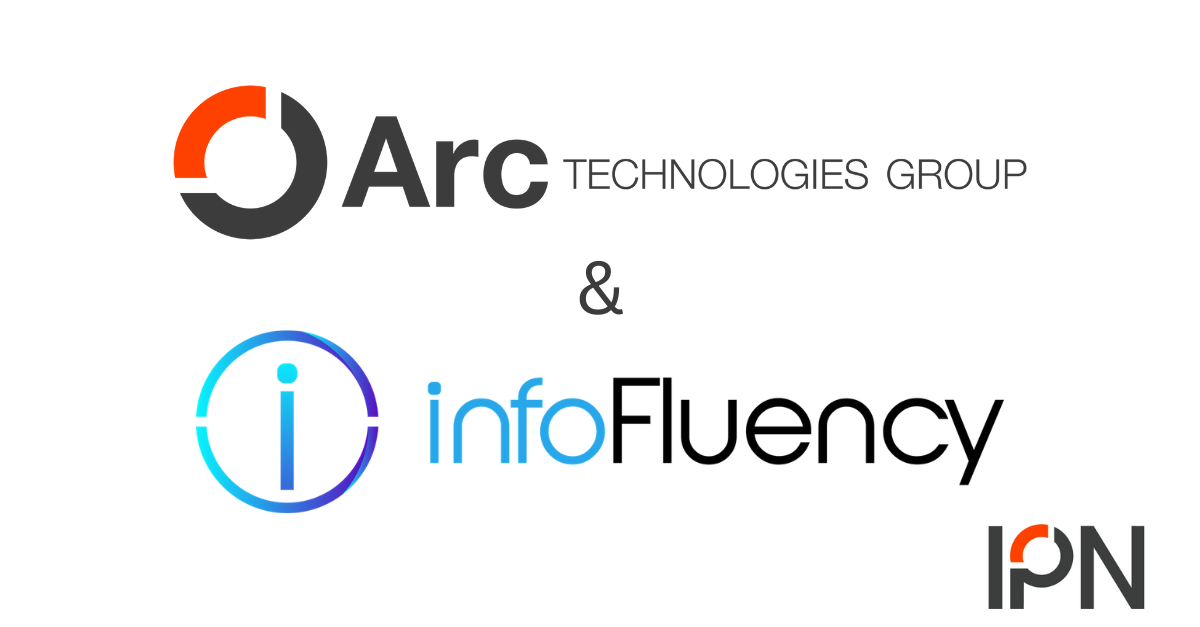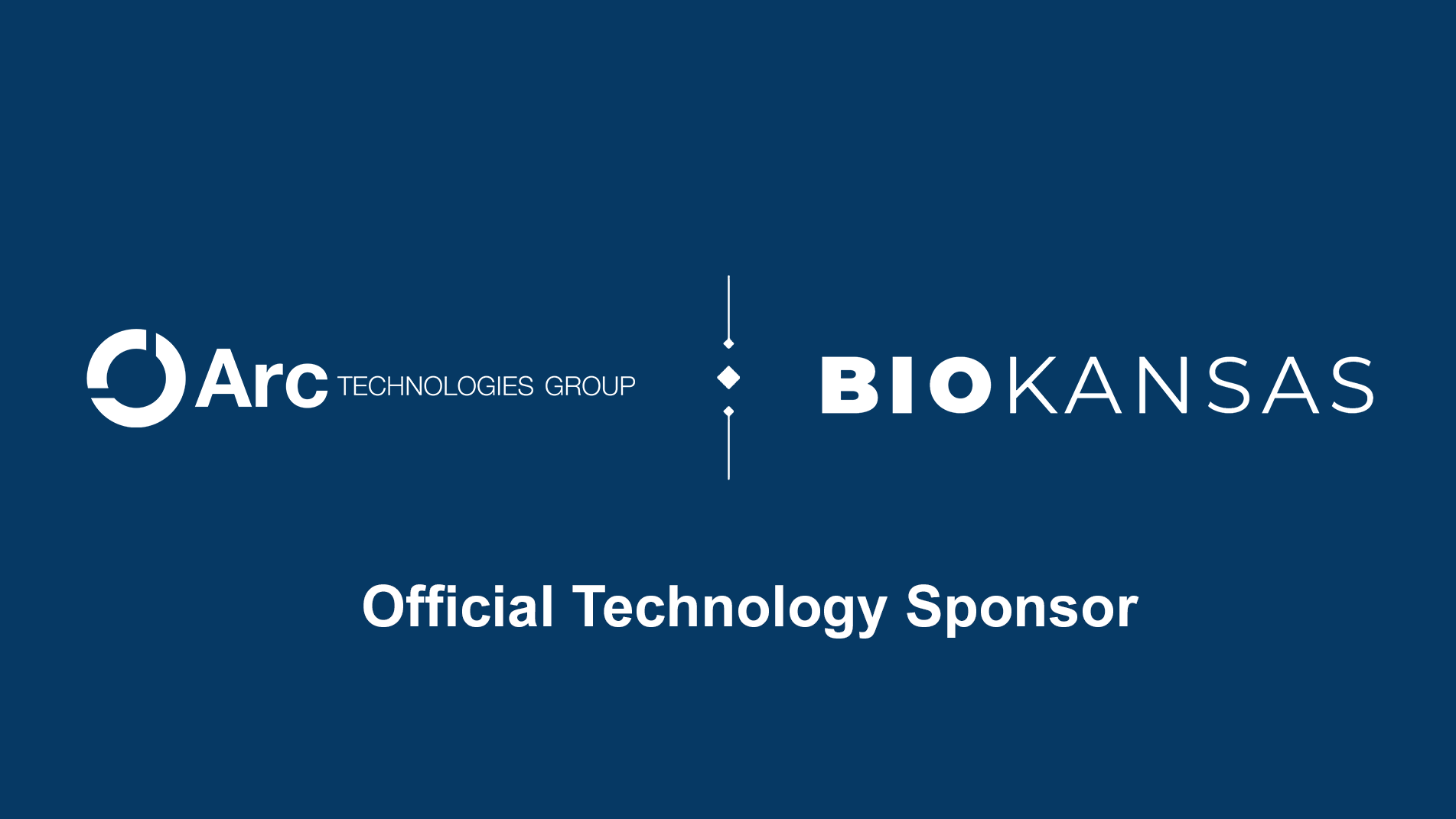The future of life sciences is digital. Are you ready to transform your operations, accelerate discoveries, and optimize your cybersecurity stance? You can do all this and more with our team of experts who know both Digital and Life Sciences like the back of their hand.
By straddling the entire digital technology stack, we’re equipped to uncover and seize every digital opportunity within your organization – including those yet to be discovered. Our end-to-end solutions don’t just solve current challenges, but also anticipate future needs, keeping you ahead in this dynamic digital age. Don’t let technology challenges slow you down. Leverage our expertise in life sciences and IT to stay ahead of the curve, ensure regulatory compliance, and unlock new opportunities for growth.
Our Life Sciences IT Consulting service offers a holistic approach to technology transformation, specially tailored for the unique needs of the biotech, pharmaceutical, and other life sciences sectors. Our team draws from their in-depth and unique industry experiences and leverages that knowledge to drive successful completion of your project. Perhaps most importantly, we approach every engagement with our “Right the first time, every time” approach.
Welcome to Arc Technologies Group – your trusted partner in transforming digital technology into a powerful tool for innovation and growth. With us, you’re not just future-ready – you’re actively shaping the future. Besides, in life sciences, the right IT strategy isn’t just about staying competitive – it’s about changing lives. Let’s start the transformation, together.
Why ATG?
Service Offerings.
Service Use Cases:
Cloud Computing for Startup Scalability
A fast-growing tech startup leverages Cloud Computing services to scale its operations efficiently. By migrating to a cloud infrastructure, the startup enjoys flexible computing resources, improved collaboration tools, and reduced IT costs, facilitating rapid growth and innovation.
- Scalability: Easily scales resources up or down based on demand.
- Cost Efficiency: Reduces upfront hardware costs and pays only for used resources.
- Innovation and Speed: Enables quick deployment of new applications and services.
Zero Trust Cybersecurity Implementation in Healthcare
A healthcare provider adopts a Zero Trust Cybersecurity Implementation to protect patient data amidst increasing cyber threats. Implementing strict access controls, encrypting data at rest and in transit, and continuous monitoring of network activities ensure that patient information remains secure and private.
- Enhanced Data Security: Protects sensitive patient data from unauthorized access.
- Compliance with Health Regulations: Meets HIPAA and other health-related cybersecurity standards.
- Increased Patient Trust: Strengthens patient confidence in the provider’s data privacy measures.
Governance and Compliance for Financial Institutions
A financial institution facing regulatory pressures implements Governance and Compliance services to ensure IT practices align with industry standards. This includes adopting data protection measures, conducting regular audits, and implementing risk management frameworks to safeguard sensitive customer information.
- Regulatory Compliance: Meets stringent financial regulations, avoiding penalties.
- Risk Mitigation: Reduces potential for data breaches and financial losses.
- Stakeholder Trust: Builds trust with customers and stakeholders through demonstrated
IT/OT Convergence, Compliance, and Cybersecurity
A pharmaceutical company embarks on enhancing its filling line to comply with 21 CFR Part 11 regulations, focusing on electronic records and signatures. By integrating Information Technology (IT) with Operational Technology (OT) systems, the project ensures accurate, real-time data capture, secure electronic documentation, and automated compliance reporting. This IT/OT Convergence enables seamless communication between the filling line machinery and the company’s IT infrastructure, facilitating digital record-keeping that meets the FDA’s stringent requirements.
Large enough to do it right. Small enough to give a damn.
RELATED
INSIGHTS.
Arc Technologies and infoFluency Announce Partnership
Arc Technologies and infoFluency Announce Partnership to Enable Strategic Services for their Shared Customer Base The agreement combines the cybersecurity-first boutique services and strategy of ATG with the data engineering and visualization expertise of InfoFluency. Wichita, KS (May 14th, 2024) [...]
Arc Technologies Group is the Official Technology Sponsor of BioKansas.
Arc Technologies Group is honored to announce that we are now the Official Technology Sponsor of BioKansas. This deep investment into and partnership with BioKansas underscores our commitment to fostering growth in the bioscience ecosystem and empowering Kansas Life Sciences [...]
Why Banning Social Media Won’t Solve Your Productivity Problems
As a business owner, nothing is more frustrating than seeing your employees wasting time on social media when they should be working. With all those hours spent scrolling Facebook feeds or messaging back and forth, it's no wonder productivity seems [...]
Outpace Competitors with AI Assistance in Microsoft Teams
Your time is valuable as a small business owner, and you constantly juggle multiple priorities. While collaboration tools such as Microsoft Teams have become essential for keeping employees connected, trying to make sense of all the day-to-day chatter and discussions [...]
Do You Think You’d Fall for a Deepfake Scam?
With Deepfakes becoming increasingly sophisticated, it's a legitimate question. But what exactly is a Deepfake exactly? Deepfakes are videos or images manipulated using artificial intelligence (AI). Deepfake AI has the ability to train itself on lots of real photos and [...]







